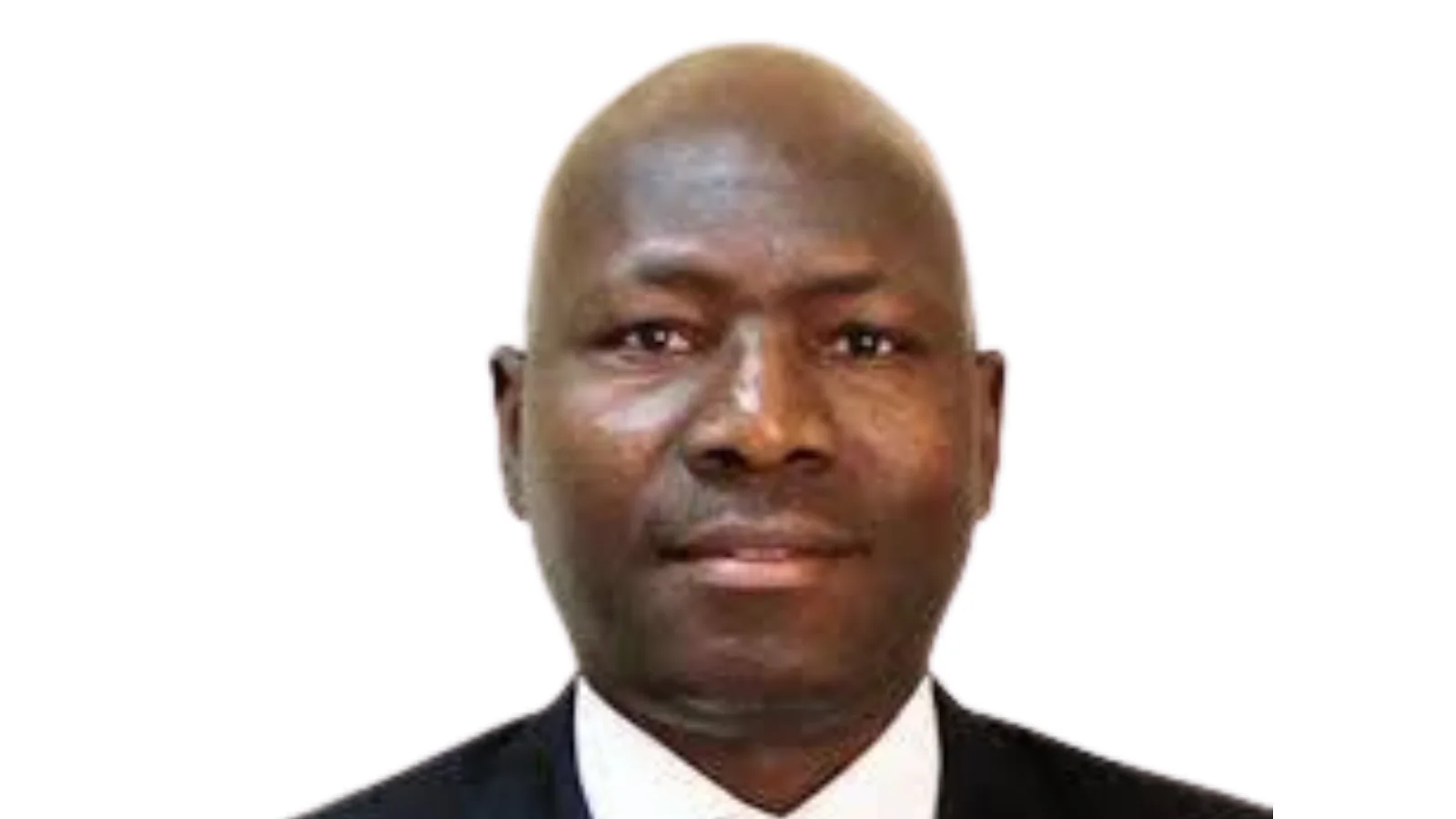The Congolese economy recorded a real GDP growth rate of 2.6% in 2024, resulting in a moderate rise in per capita income for the first time since 2016. However, this increase has not yet led to a significant reduction in poverty, according to the World Bank's latest Economic Update for the Republic of Congo.
The twelfth edition of the report, titled "Strengthen the management of produced, human and natural capital to raise living standards in the Republic of Congo," emphasizes the need for strategic debt and cash flow management by the state. The report calls on authorities to protect and expand national assets as a means to improve living standards.
Recent reforms have focused on increasing non-oil revenue and improving public debt and treasury management. While there has been progress with declining debt levels, liquidity pressures remain high. The report suggests that prudent cash management and further rationalization of public spending are necessary steps toward fiscal sustainability.
Agricultural value chains have benefited from local content policies, and manufacturing exports have increased due to regional demand. Despite these gains, a decrease in oil production has exposed ongoing vulnerabilities tied to reliance on hydrocarbons. Efforts toward economic diversification are advancing but have not yet significantly increased employment opportunities.
Medium-term projections estimate growth at 2.8% for 2025, with expectations for gradual recovery through 2026 and 2027. Nevertheless, lower oil prices and stricter financial conditions could challenge fiscal stability and external resilience.
The report points out that the Republic of Congo possesses substantial assets through its human resources and natural capital. Forests cover over two-thirds of its territory, storing nearly 16 billion tonnes of carbon while providing vital ecosystem services. The World Bank notes that improved management of these resources alongside greater investment in people can lead to sustainable increases in national wealth.
Cheick Fantamady Kanté, World Bank Country Director for Cameroon, Central African Republic, Republic of Congo, Equatorial Guinea, and Gabon stated: “For a forest-intensive country like the Republic of Congo, an effective global financing mechanism is essential to turn carbon sequestration services into tangible benefits. Estimating the value of these services is a critical first step, enabling policymakers, civil society, and the public at large to quantify and target the necessary compensation.”
Recommendations from the report include enhancing education and health systems; strengthening forest governance; promoting local processing of natural resources; mobilizing climate finance; creating jobs; and supporting sustainable development initiatives.
The document concludes by urging greater international support aimed at building resilient economic growth that is inclusive as well as environmentally responsible.

